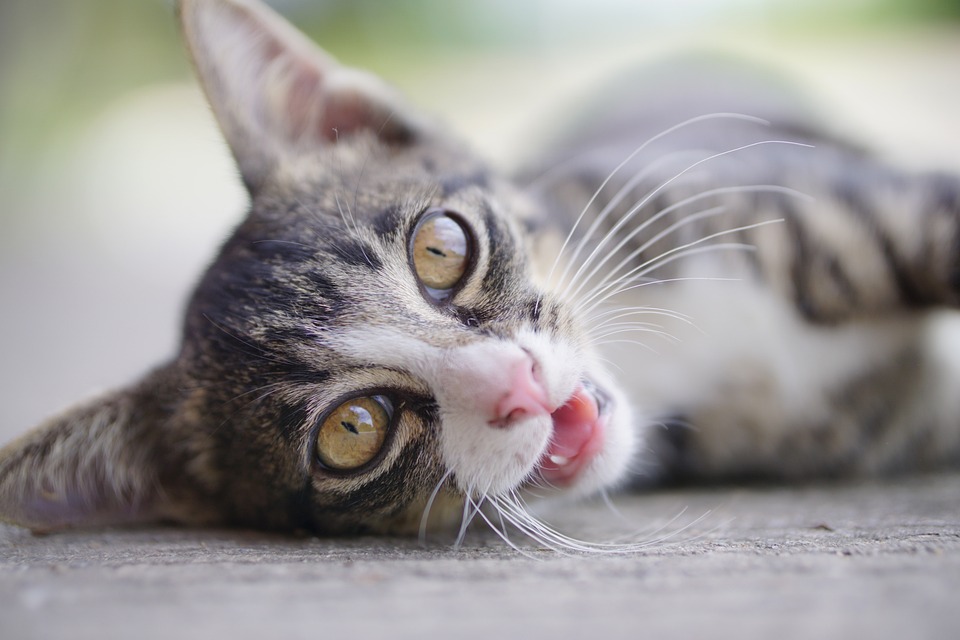Dental health is just as important for cats as it is for humans. Ignoring dental pain can lead to significant discomfort and affect a cat’s overall well-being. Unfortunately, cats are experts at hiding their pain, making it difficult for owners to recognize dental issues. In this article, we will discuss how to identify signs of dental pain in cats and provide helpful tips on addressing these issues.
Firstly, it is important to understand the impact of dental pain on cats. Dental diseases, such as periodontal disease, tooth decay, tooth resorption, and gingivitis, can cause severe pain and discomfort. Tartar buildup, plaque formation, and poor dental hygiene can contribute to the development of these issues.
Recognizing signs of dental pain in cats is crucial for early intervention. Changes in eating habits and a reduced appetite can be indicators of dental pain. Cats may also drool excessively or paw at their mouth to alleviate discomfort. Bad breath and oral odor are common signs of dental disease. Behavioral changes, such as increased irritability or aggression, may also indicate dental pain. Cats may avoid hard food or experience difficulty chewing due to dental issues. Additionally, visible signs of dental disease, such as red or swollen gums, bleeding, or loose teeth, should not be ignored.
Addressing dental pain in cats requires a multi-faceted approach. Regular dental check-ups and cleanings by a veterinarian are essential for maintaining dental health. A proper at-home dental care routine, including brushing your cat’s teeth, can help prevent dental diseases. Introducing teeth brushing gradually and using cat-friendly toothbrushes and toothpaste can make the process easier. Additionally, providing an appropriate diet for dental health, such as dental-specific cat food or dental treats, can aid in reducing tartar buildup.
Dental pain management options are available for cats experiencing discomfort. Your veterinarian may recommend pain medications or oral gels to alleviate pain. In severe cases, professional dental treatments, such as periodontal therapy or tooth extractions, may be necessary to address dental issues.
To address common questions about dental pain in cats, we have provided a list of frequently asked questions (FAQs):
Q: What causes dental pain in cats?
A: Dental pain in cats is primarily caused by dental diseases such as periodontal disease, tooth decay, tooth resorption, and gingivitis. Tartar buildup, plaque formation, and poor dental hygiene can contribute to the development of these issues.
Q: How often should I have my cat’s teeth checked by a veterinarian?
A: It is recommended to have your cat’s teeth checked by a veterinarian at least once a year. Regular dental examinations can help identify dental problems before they become severe and painful.
Q: Can I brush my cat’s teeth at home, and how do I do it?
A: Yes, you can brush your cat’s teeth at home. Start by introducing your cat to the process gradually, using a cat-friendly toothbrush and toothpaste. It may take time for your cat to become comfortable with teeth brushing, so be patient and reward them with treats or praise.
Q: Are there any cat-friendly dental treats available?
A: Yes, there are cat-friendly dental treats available in the market. Look for treats with a crunchy texture designed to promote dental health. However, it’s important to note that dental treats should not replace regular dental care, including brushing and professional cleanings.
Q: My cat is already showing signs of dental pain. What should I do?
A: If your cat is displaying signs of dental pain, it is crucial to schedule a veterinary appointment as soon as possible. Your veterinarian will perform a thorough examination, recommend appropriate treatments, and provide pain management options to alleviate your cat’s discomfort.
Maintaining your cat’s dental health is vital for their overall well-being. By recognizing signs of dental pain and addressing them promptly, you can ensure your feline friend enjoys a healthy and pain-free life. Regular dental check-ups, proper dental care at home, and a suitable diet can go a long way in preventing dental issues and keeping your cat’s teeth healthy.








